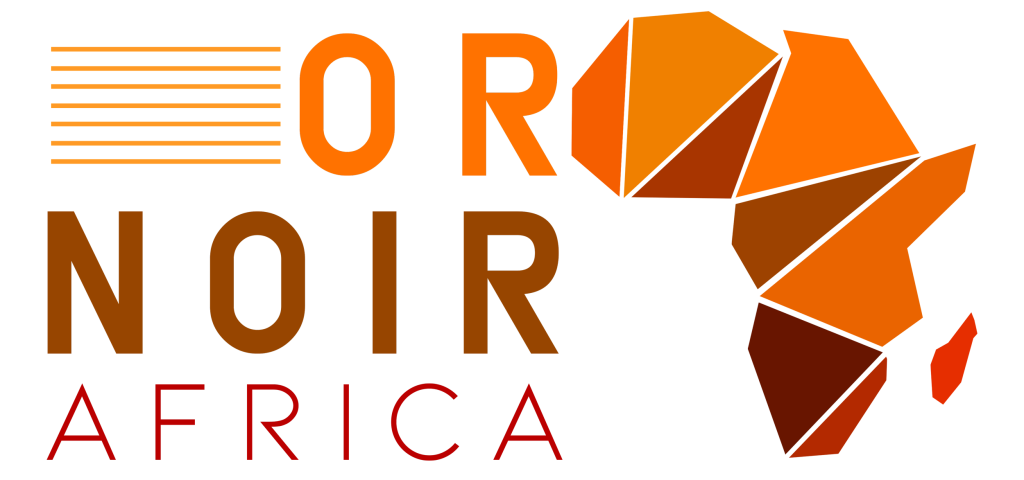En novembre 2024, l’Azerbaïdjan accueillera pour la première fois la Conférence des Nations unies sur le climat, la COP29. Un rendez-vous mondial qui se tiendra à Bakou, dans un contexte complexe mêlant enjeux énergétiques, transition climatique et tensions géopolitiques. Plus de 200 pays sont attendus à ce sommet majeur, qui se déroulera du 11 au 22 novembre au Baku Stadium. Cette conférence sera présidée par Moukhtar Babayev, ministre de l’Écologie et des Ressources naturelles de l’Azerbaïdjan, et ancien cadre de la compagnie nationale pétrolière et gazière, SOCAR.
Alors que le monde se dirige vers un réchauffement climatique d’environ 2,7°C, loin des objectifs de l’Accord de Paris, cette COP est particulièrement attendue pour sa capacité à générer des actions concrètes. Toutefois, le choix de Bakou, une capitale pétrogazière, pour présider cette conférence interroge de nombreux observateurs sur la compatibilité entre les ambitions climatiques mondiales et la réalité économique du pays hôte, fortement dépendant des hydrocarbures.
Un pays pétrogazier à la présidence de la COP : un signal paradoxal ?
L’Azerbaïdjan est un membre clé de l’OPEP+ et dépend de ses ressources pétrolières et gazières pour près de 50 % de son PIB et plus de 90 % de ses recettes d’exportation. Historiquement, Bakou est l’une des capitales mondiales du pétrole, avec une exploitation datant du début du 20e siècle. Aujourd’hui, l’exploitation gazière a pris le dessus, et le pays exporte principalement son gaz vers l’Europe, notamment dans le contexte de la transition énergétique européenne visant à réduire la dépendance au gaz russe.
Cette forte dépendance aux hydrocarbures soulève un paradoxe majeur. Le président de la COP29, Moukhtar Babayev, a d’ailleurs confirmé que l’Azerbaïdjan continuerait d’augmenter sa production de gaz, justifiée comme une « énergie de transition ». Cette déclaration a suscité des critiques, notamment de la part d’ONG, qui estiment qu’il existe un conflit d’intérêts évident. Pour Romain Ioualalen de l’ONG Oil Change International, « organiser la COP29 est un pari risqué pour Bakou, qui sera attendu au tournant sur sa politique climatique ».
Des ambitions climatiques sous pression
La mission principale de la COP29 sera d’accélérer la transition mondiale vers un avenir bas-carbone et de renforcer les engagements nationaux pour limiter le réchauffement à 1,5°C. Cependant, les plans actuels des nations placent le monde sur une trajectoire de réchauffement de 2,5° à 2,9°C d’ici la fin du siècle. Le Groupe d’experts intergouvernemental sur l’évolution du climat (GIEC) estime que ce seuil critique de 1,5°C pourrait être atteint entre 2030 et 2035, rendant plus pressante que jamais la nécessité d’agir.
L’un des enjeux majeurs de la COP29 sera donc de réviser et d’actualiser les Contributions déterminées au niveau national (NDC), c’est-à-dire les engagements de réduction des émissions de gaz à effet de serre des différents pays. Ces engagements devront être suffisamment ambitieux pour maintenir l’objectif de 1,5°C en vie, tout en favorisant une transition juste pour les pays les plus vulnérables.
Le financement climatique au cœur des débats
Un autre point crucial de cette COP sera le financement climatique, notamment pour les pays en développement. En 2022, pour la première fois, les pays développés ont atteint l’objectif de mobiliser 100 milliards de dollars annuels pour la transition climatique des pays en développement. Toutefois, ces financements restent très en deçà des besoins réels, estimés à 2 400 milliards de dollars par an d’ici 2030 selon le GIEC. L’Azerbaïdjan a déjà fait des propositions ambitieuses dans ce domaine, notamment via la création d’un fonds spécial, le *Climate Finance Action Fund* (CFAF), qui pourrait être alimenté par les contributions volontaires des producteurs d’énergies fossiles.
Cette initiative, bien que novatrice, a soulevé des critiques. Certaines ONG, comme Global Citizen, estiment que les contributions volontaires manquent de transparence et ne suffiront pas à répondre aux besoins massifs de financement. Elles plaident pour la mise en place de mécanismes de taxation plus contraignants pour les industries polluantes, incluant le pétrole, le gaz, ainsi que des secteurs comme l’aviation et le transport maritime.
Un enjeu de réputation pour Bakou
Au-delà des enjeux climatiques, la présidence de la COP29 est également une opportunité pour l’Azerbaïdjan de redorer son image internationale. Le pays, souvent critiqué pour son bilan en matière de droits humains, utilise depuis des années l’organisation d’événements internationaux pour soigner son image (Eurovision, Grand Prix de Formule 1, etc.). Cependant, cet effort de diplomatie internationale est également vu par certains comme une tentative de *greenwashing*, en particulier au regard de la répression accrue des militants écologistes et des défenseurs des droits humains dans le pays.
En octobre 2024, un rapport de Human Rights Watch a dénoncé l’arrestation de plusieurs militants critiques des politiques gouvernementales. Ces arrestations viennent ternir l’image d’un pays qui se veut être le centre des négociations climatiques mondiales pendant deux semaines.
Une COP sous haute surveillance
La COP29 à Bakou s’annonce comme un rendez-vous décisif dans la lutte mondiale contre le changement climatique. Alors que le monde attend des actions concrètes et des financements accrus pour soutenir la transition énergétique, l’Azerbaïdjan devra jongler entre ses intérêts économiques liés aux hydrocarbures et les attentes internationales en matière de leadership climatique.
Pour Moukhtar Babayev et son équipe, la tâche est double : conduire des négociations climatiques ambitieuses tout en répondant aux critiques sur la compatibilité de la présidence azerbaïdjanaise avec les objectifs de réduction des énergies fossiles. Les yeux du monde seront braqués sur Bakou, où chaque décision sera scrutée, à la fois sur le fond des discussions climatiques et sur la manière dont le pays gère ses propres contradictions énergétiques et politiques.


